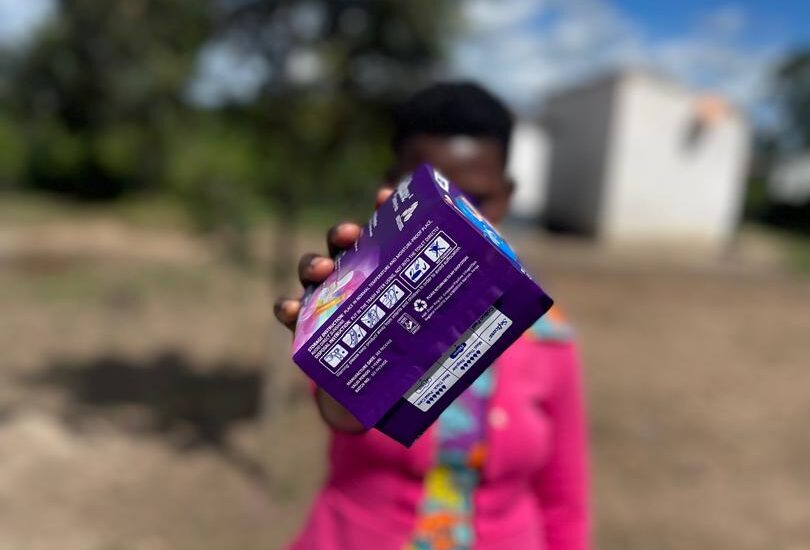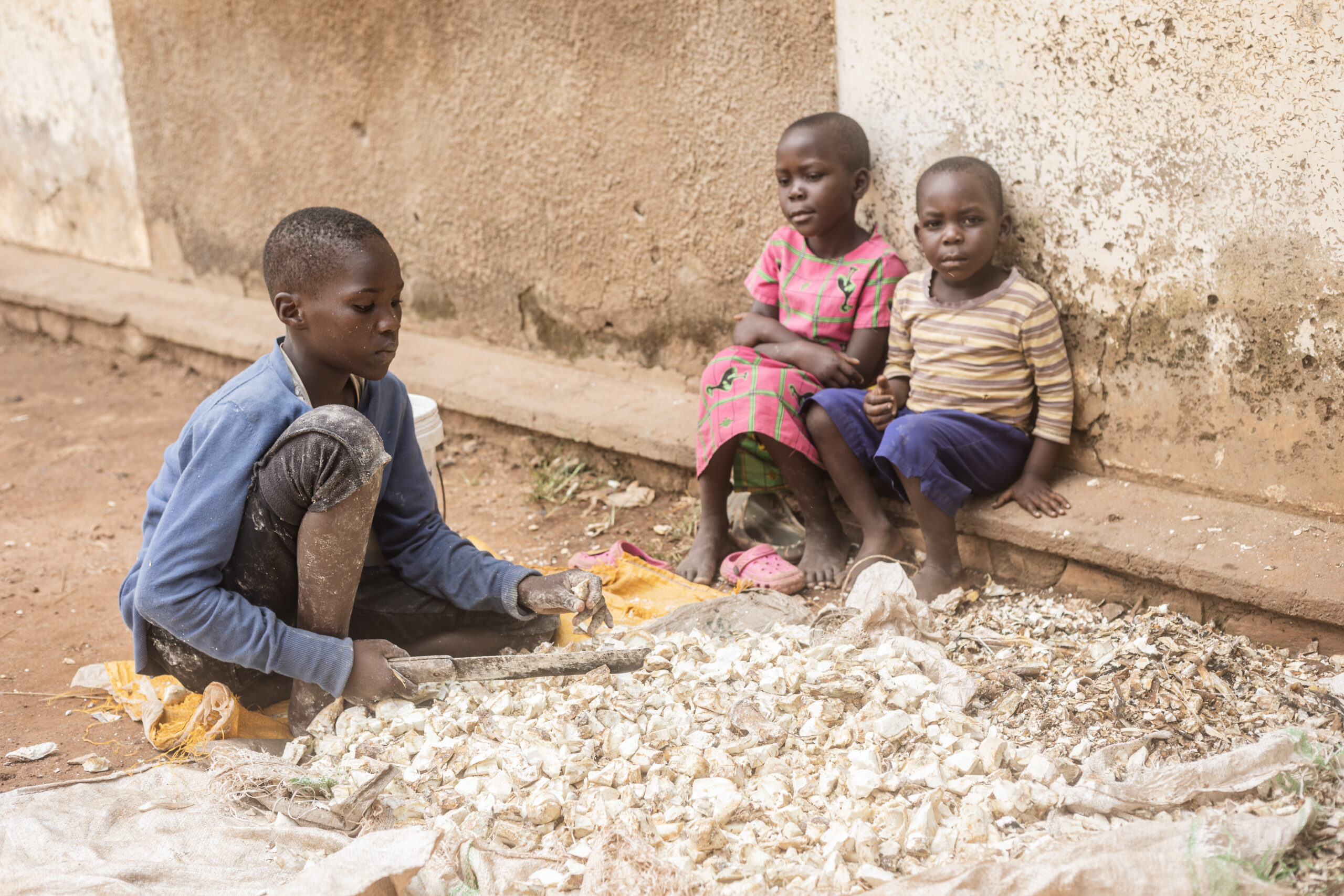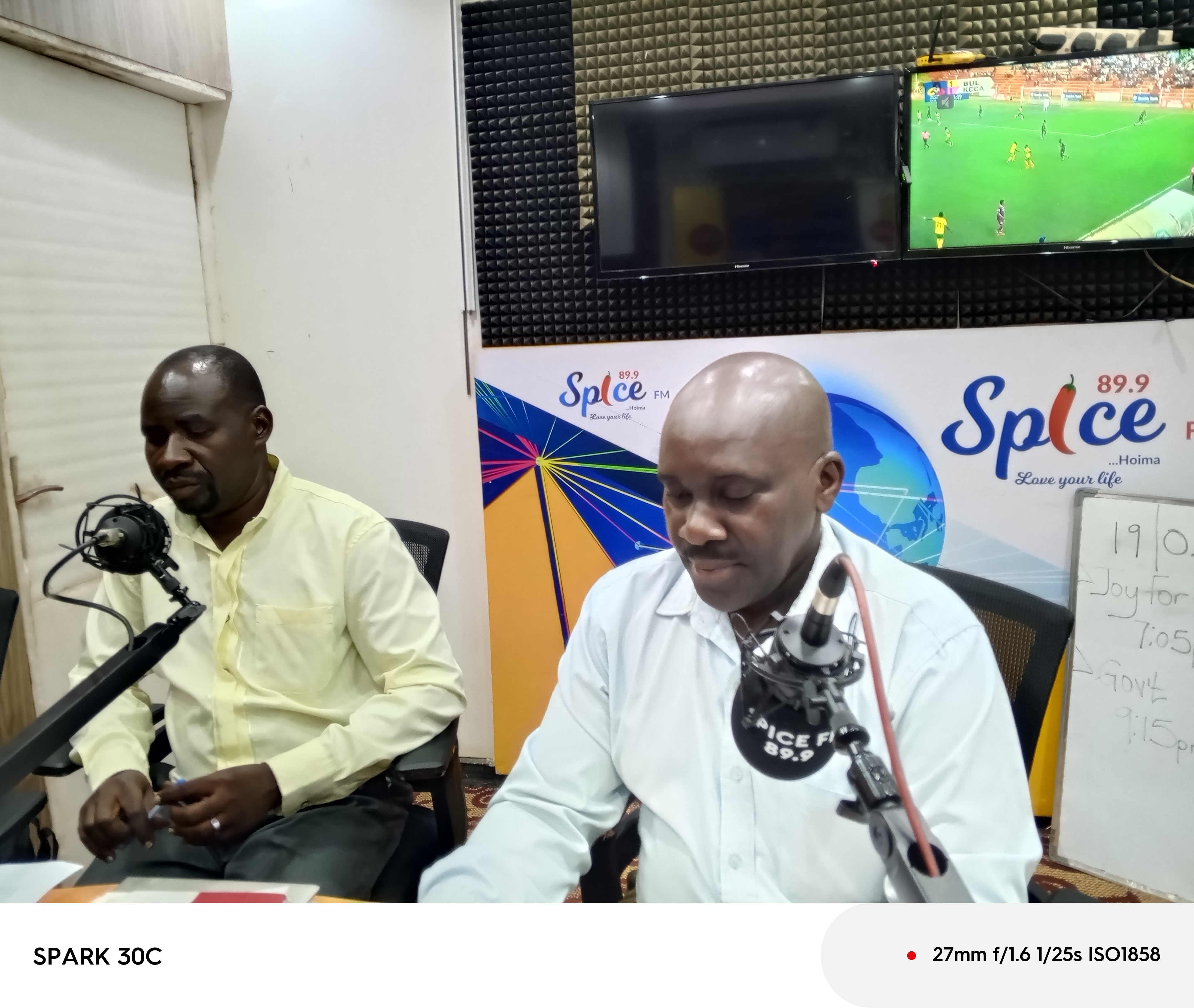Child marriage and period poverty are two interconnected issues that have been a longstanding concern in the country, with detrimental effects on the physical, emotional, and economic well-being of young girls.
Child marriage has been a prevalent practice in many parts of Uganda, driven by cultural, social, and economic factors. According to UNICEF, 34% of women aged 20-24 were married before the age of 18.
Period poverty, on the other hand, refers to the lack of access to menstrual hygiene products, proper sanitation facilities, and education about menstrual health. Girls start their periods as young as 8 or 10 years old. For some girls, their periods mean the end of their education and the beginning of a lifetime of domestic work, pregnancy and even, violence. Only about 22% of Ugandan girls have access to sanitary pads, leading many to use makeshift alternatives like old clothes, soil , papers among others , which are unhygienic and they put them at risk of contracting STIs.
A recent report from the Ministry of Education and Sports detailing the status of its implementation of menstrual health management in the country indicates that about 23% of Ugandan girls in the age group of 12-18 drop out of school when they begin menstruation.
Period poverty exacerbates the vulnerability of girls to child marriage. When girls do not have access to menstrual products, they are often forced to stay home from school during their periods. This leads to gaps in their education and limits their opportunities for economic independence. Additionally, the lack of proper sanitation facilities can lead to health issues and infections, further increasing their dependence on others for care and support.
Poverty is the primary driver of both period poverty and child marriage. Families facing financial hardships may prioritize immediate economic benefits, such as dowries, over the long-term benefits of educating their daughters. It is often reported that parents marry off their daughters when they start menstruating as they think their daughters are ready or want to transfer the high cost of providing for their daughters, including the costs of menstrual products.
Without the necessary resources and information about menstrual health, girls are more susceptible to early marriage. In many cases, families marry off their daughters to alleviate financial burdens or to protect them from perceived social stigmas associated with menstruation. By marrying off girls at a young age, these families believe they are ensuring their safety and well-being. However, child marriage only perpetuates cycles of poverty, violence, and discrimination against women and girls.
Joy for Children Uganda has been at the forefront of combatting period poverty by distributing reusable sanitary pads and menstrual hygiene kits to girls in need. Our initiatives have reached thousands of girls, ensuring they have the necessary resources to manage their periods safely and hygienically. Additionally, we have implemented programs to teach girls how to make their own reusable pads, promoting self-sufficiency and sustainability, health and hygiene practices. Over the past decade, Joy for Children Uganda has conducted numerous educational sessions in schools and communities, teaching both girls and boys about menstrual health. By involving boys and men in these conversations, we are fostering a culture of support and understanding.
As part of our ongoing efforts to support menstrual health, Joy for Children Uganda has a project on Global Giving online fundraising platform aimed at providing sanitary pads for girls in rural schools. This project not only supplies essential menstrual products but also educates girls on menstrual hygiene management, empowering them to stay in school and achieve their dreams.
We invite you to support this initiative by visiting our Global Giving page on https://shorturl.at/yb9eW and contribute to a brighter future for Ugandan girls.
Together, we can break the barriers and empower girls to live healthier and more confident lives.






